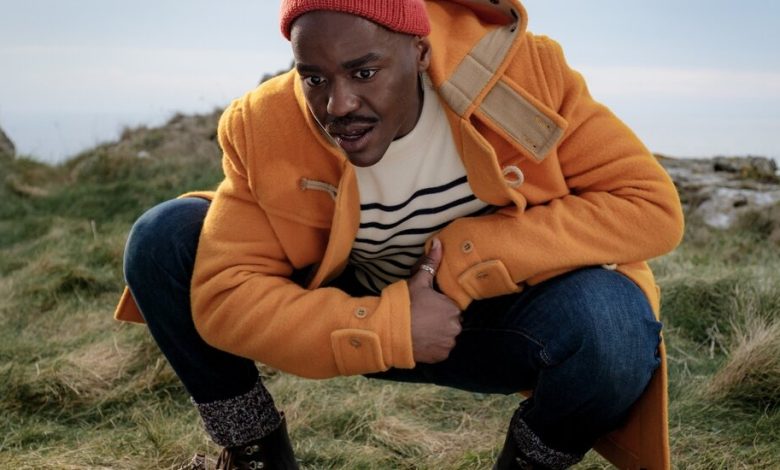‘Doctor Who’ Season in Review: The Doctor Might Be on a New Path

“Doctor Who” is a show of paradoxes. At its best, it’s a show about a time-traveling, space-venturing alien who ceaselessly untangles the mysteries of the universe, and often invites his own. At its worst, it’s plagued by its contradictions — incoherent or unintelligible narrative logic, inconsistent writing, uneven tone.
This isn’t particularly surprising for a show with a decades-long history spanning the classic series (1963-89) and the reboot (2005-present). But now with Disney+ onboard as a co-producer, the series is caught between past and present, between pushing its boundaries and fitting into a more generic, brand-friendly mold. This played out in the latest season, which just released its finale, “Empire of Death,” on Friday.
Stacked with effervescent charms and staggering emotional range, Ncuti Gatwa, as the 15th Doctor, is the perfect representation of this new era of “Doctor Who.” He’s the show’s first Black, gay Doctor, bringing diversity to a show that has severely lacked it. In just one season Gatwa has delivered perhaps the strongest acting of the character, certainly in recent years. His performance is more tactile than those of his predecessors; the 15th Doctor fully inhabits his body, dancing, gesturing and throwing every bit of his physical presence into his line deliveries. The 15th is also more sensual and openly flirtatious than any previous incarnation; he exudes chemistry with every scene partner, including Rogue, a space bounty hunter played by Jonathan Groff in Episode 6. The kiss the two share is the first same-sex kiss of the series.
The kiss was a remarkable leap for the show, especially happening in the first season under Disney, a brand that has historically been hesitant to depict queer relationships. How far the show will actually push this relationship, however, remains to be seen. The flirtation between the Doctor and Rogue builds rapidly just to be abruptly halted when Rogue is lost to another dimension, undercutting the moment.
And despite the show’s fresh attention to diversity, this Doctor’s race has been barely even alluded to. The episode “Dot and Bubble” implies that one of the very rich, very white inhabitants of a planet under attack rejects the Doctor’s help because of his race, but the implications are so subtle that some may miss the racial undertones completely. And the episode “Rogue” takes place in a “Bridgerton”-inspired alternative version of 1813 as a flimsy workaround for placing a Black Doctor in the middle of Regency-era England without needing to deal with such sticky topics as slavery.
The new “Doctor Who” is a lighter, brighter affair in several other respects as well. For all of the sparkling humanity Gatwa has introduced into a typically more emotionally guarded (read: alien) hero, his Doctor also lacks the ruthlessness and darkness that occasionally surfaces in the character, who has been scarred from witnessing every kind of genocide and war. There’s a risk that this tonal shift is a harbinger of a larger, more permanent change: Disney may be in the early phases of transforming the BBC show much as it has done with other I.P., like Star Wars, which grew into an ever-expanding franchise at the expense of the original product.